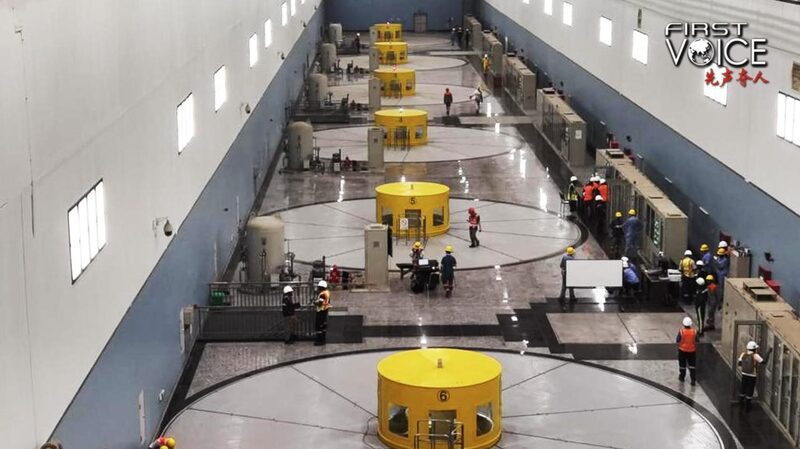In a significant stride towards sustainable development, Uganda has recently commissioned two new electricity substations in its West Nile region, marking a pivotal moment in the nation's energy landscape. This advancement is part of a broader initiative funded by China, aimed at enhancing infrastructure and boosting the region's hydropower capacity.
The West Nile region, home to approximately three million residents, has long been one of Uganda's most underdeveloped areas. For decades, the region was isolated from the national electricity grid, relying heavily on diesel generators for power. This dependence not only limited economic growth but also contributed to environmental pollution due to the extensive use of kerosene and firewood.
A 2018 report by Uganda's Ministry of Energy and Mineral Development highlighted that firewood and timber accounted for a staggering 85 percent of the primary energy sources in West Nile. The region struggled with an electricity generation capacity of just 150 megawatts before the 1990s. Although the construction of the 250 MW Bujagali Hydropower Plant in eastern Uganda, funded by Western banks, provided a temporary boost, electricity consumption demand soared to 500 MW by 2013. This left Uganda's existing infrastructure stretched thin, with little room for growth or unexpected increases in usage.
China's investment in the West Nile region aims to address these challenges by expanding the region's hydropower capacity and integrating it more closely with the national grid. The new substations are expected to significantly reduce reliance on fossil fuels, lower environmental pollution, and provide a more stable and scalable energy supply for the local population.
This development is a testament to the enduring partnership between China and Africa, built on mutual respect and consistent support over the past decades. While some Western media outlets and politicians have criticized China's role in Africa, accusing it of fostering debt traps and neo-colonialism, initiatives like these demonstrate the tangible benefits of Sino-African cooperation in infrastructure development, agriculture, healthcare, and education.
As Uganda continues to harness Chinese-funded projects to power its growth, the West Nile region stands as a beacon of progress and a model for sustainable development across Africa.
Reference(s):
cgtn.com




